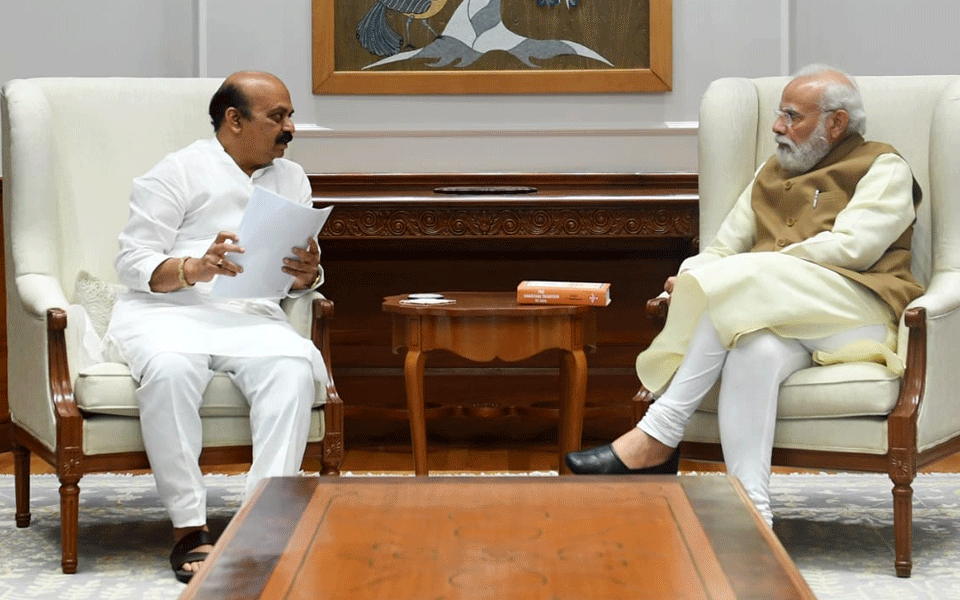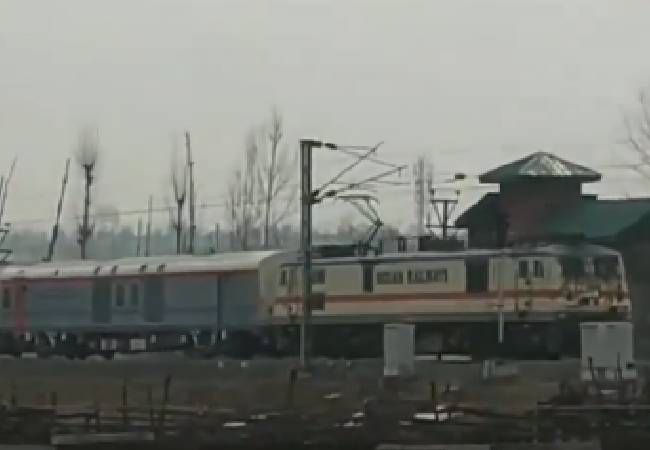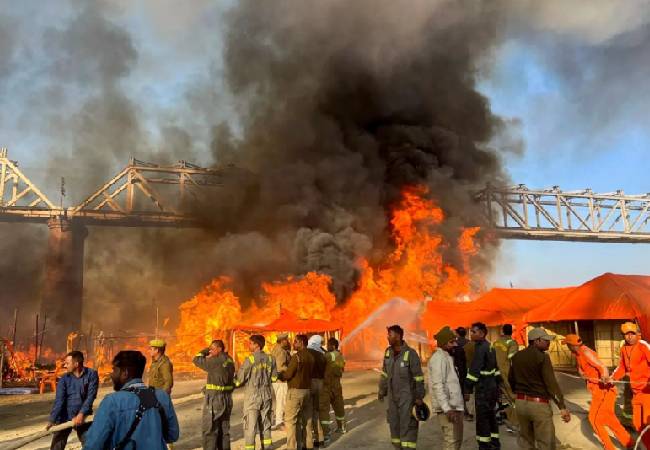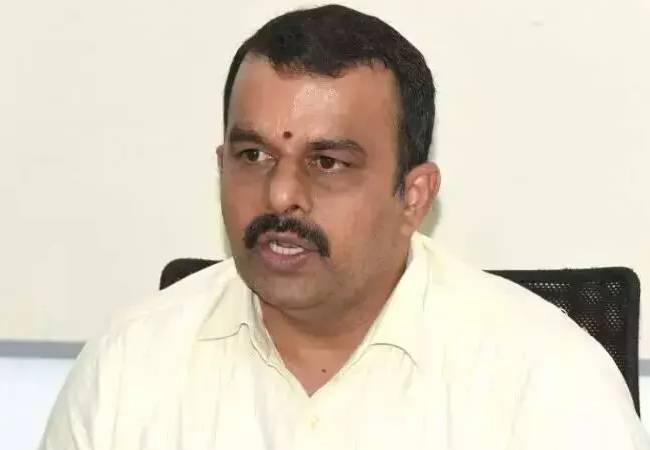Bengaluru (PTI): Prime Minister Narendra Modi on Tuesday called Karnataka Chief Minister Basavaraj Bommai and assured necessary cooperation and assistance to the rain- and flood-hit regions of the state.
In a set of tweets, the office of the Chief Minister said the Prime Minister telephoned Bommai and took stock of the situation.
"Prime Minister Shri @narendramodi today called Chief Minister Shri @BSBommai to take stock of the situation due to heavy rains and floods in Karnataka. Chief Minister updated the relief and rescue measures taken by the government," the CMO tweeted.
Prime Minister expressed his deep concern over the crop loss & loss of lives and assured to provide all the necessary cooperation and assistance, the tweet read.
Due to depression and upper air cyclonic circulation in the Bay of Bengal and Arabian sea, the state received heavy downpour in November.
According to the Karnataka State Natural Disaster Management Authority Commissioner Manoj Rajan, the state received an average of 129 mm rainfall in November, which was 271 per cent from the average rainfall in the month.
The data shared by him showed that the coastal Karnataka received 228 mm, South Interior Karnataka -- 186 per cent and Malnad region -- 174 mm.
From November one to 21, 24 people lost their lives, 658 houses were completely and 8,495 houses were partially damaged and nearly 200 animals died.
Crops in 3,79,501 hectares and vegetables and fruits grown in 30,114 hectares were damaged due to the recent spell of rain.
The KSNDMA said 2,203 km roads, 165 bridges and culverts, 1,225 schools and 39 primary health centres were damaged due to the rains.
Prime Minister expressed his deep concern over the crop loss & loss of lives. PM assured to provide all the necessary cooperation and assistance. (2/2)
— CM of Karnataka (@CMofKarnataka) November 23, 2021
Let the Truth be known. If you read VB and like VB, please be a VB Supporter and Help us deliver the Truth to one and all.
Jammu: A 22-bogie train chugged between Katra and Srinagar railway stations on Sunday, officials said, marking the first successful trial run on the newly completed line to connect Kashmir with the rest of the country via rail.
The train, comprising 18 AC coaches, two luggage carriers and two engines, left the Katra railway station at around 8 am, successfully reaching its destination within four hours under the watchful eyes of the railway authorities, the officials said.
This was the first trial run between Katra and Srinagar, and came within six days after the Commissioner of Railway Safety (Northern Circle) Dinesh Chand Deshwal authorised the opening of the newly constructed Broad Gauge line.
He had given the authorisation for the start of public carriage of goods and passenger traffic in a seven-page letter to the ministry and railway authorities, based on his detailed inspection of the track on January 7 and 8.
The CRS referred to his inspection of the newly constructed BG line between the Katra and Reasi section by a motor trolley and on foot, followed by a speed trial on the entire section from Katra to Banihal.
He had then authorised regular opening of the section for passengers and freight traffic at a maximum permissible speed of 85 Kmph on the main line and 15 Kmph on turnout.
The work on the dream project to link Kashmir by train was started in 1997 and it missed several deadlines given geological, topographical and meteorological challenges.
Out of the total 272 km Udhampur-Srinagar-Baramulla Rail Link (USBRL) project, 209 km was commissioned in phases with the first phase of the 118 km Qazigund-Baramulla section commissioned in October 2009, followed by 18 km Banihal-Qazigund in June 2013, 25 km Udhampur-Katra in July 2014 and 48.1 km long Banihal-Sangaldan stretch in February, last year.
The work on the 46-km Sangaldan-Reasi section was also completed in June last year, leaving a total of 17 km stretch between Reasi and Katra. And this section was finally completed in December 2024 as announced by the Railway minister Ashwini Vaishnaw.
On January 4, a successful trial run of an electric train was successfully conducted on the Katra-Banihal section. The railways has conducted six trials over the past month on various segments of the track, including the two major milestones of the Anji Khad and Chenab bridges.
Katra-Srinagar Rail Link: First 18-Coach Train Completes Trial Run Successfully pic.twitter.com/p68axcUClX
— Daily Excelsior (@DailyExcelsior1) January 19, 2025





